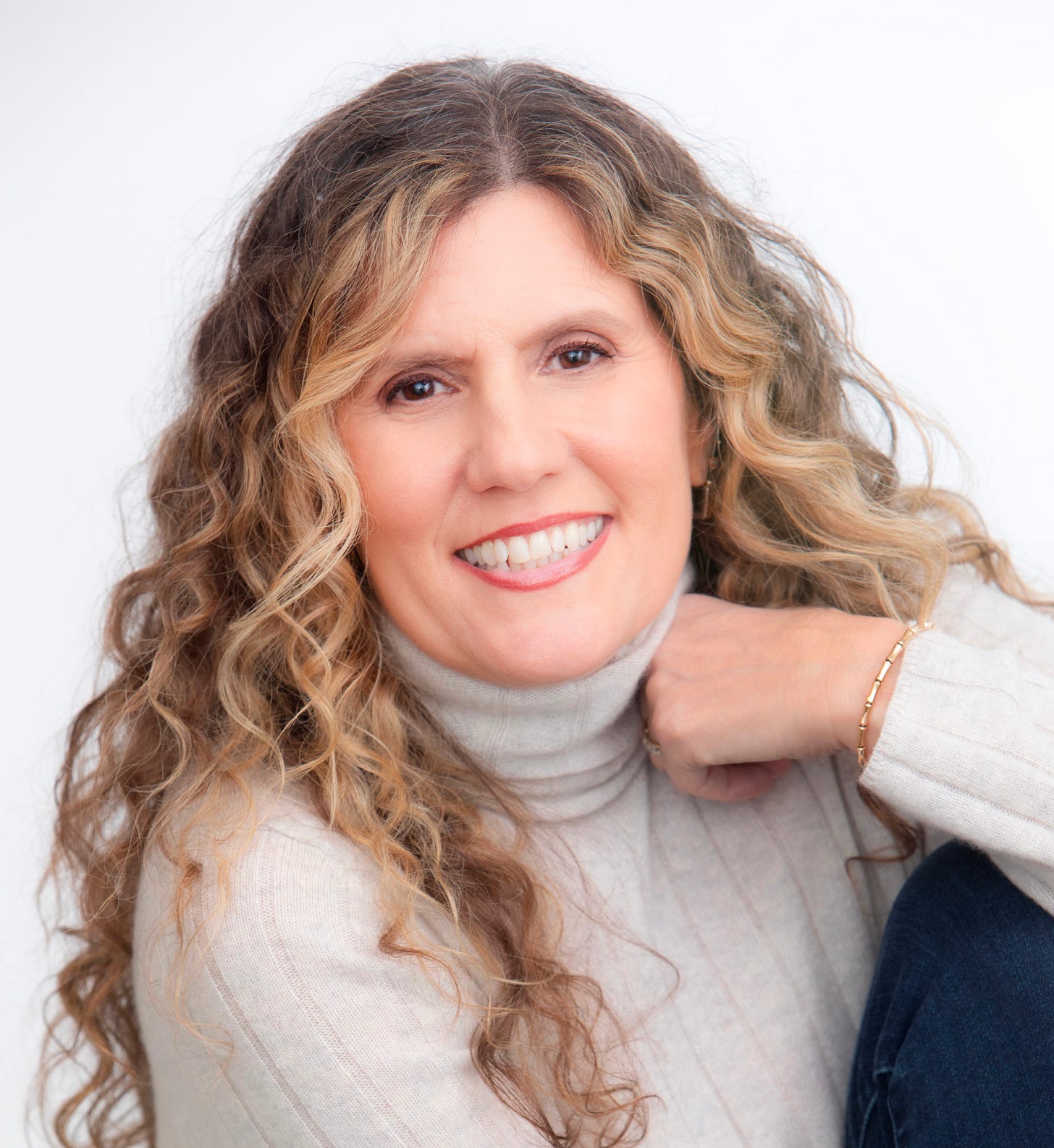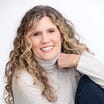The Change I Didn’t See Coming (But Probably Should Have)
A personal essay by Robin Finn on World Menopause Day about the shift of perimenopause
While the shift hits the fan at exactly the toughest moment, it is also an opportunity to get to know yourself again.
The year I turned fifty, Covid hit, my mother died, and for the first time, I missed a period. It was 2020 and we were in the middle of a global pandemic. I figured it was stress. My mother had a bad fall and then, to my shock and surprise, passed away. The year passed in a blur of grief and strangeness. I did not pay much attention to my menstrual cycle.
But I should have.
After the missed period, there were signs. There was the time, months later, when I was putting away groceries and yelling at one of my teenagers to get off the X-box when I suddenly became enraged that the milk carton had been placed on top of the raspberries. There was the night — after night after night— when I woke up sweating and wondering for the millionth time, why can’t I sleep? There was the day I was sitting at my computer when heat radiated out of my cheeks, through my face, and up through my head. I wondered, what is happening? And then it clicked—this must be perimenopause.
According to Google, “Perimenopause, the transition to menopause, usually begins in a woman's mid- to late 40s, but it can start as early as the mid-30s or as late as the early 50s.”
Mid-30s to early 50s? The timeframe was wildly broad, but it fit. But what Google could not tell me is, what did perimenopause mean for me?
I wanted to ask my mom, but she was gone. I wanted to know what was normal and what was not. I wanted to know what perimenopause signified — for my life, my body, my mental state. I wanted a little pamphlet like the kind the doctor gave out at your 12-year checkup about puberty. I wanted a puberty pamphlet for perimenopause with drawings of different bodies and reassurances of what was normal and a long and detailed Q&A section about where to go in this next phase of my life. When I was 12, I crumpled up the puberty paper in disgust. At 50, I would study it and make notes (then I would probably lose the paper, but I've trained myself to take photos of documents before I lose them).
It seemed like there was a lot to worry about in this new phase: hormones and osteoporosis and vitamins and weight gain and muscle loss and how to avoid getting dried up and dried out and getting even more forgetful. I had heard about meno-pot and meno-fog. But what about my emotional state?
Perimenopause does not occur in a vacuum. It arrived after I lost my mom, and my youngest kid was leaving for college. Suddenly I went from being a crazed mom of three and a devoted daughter—as well as a writer and teacher—to no parents and no kids at home. No more taking Mom to get her nails done. No more kids to feed or corral. No more doorbells ringing and sending someone to pick up Grandma and trying to squeeze in writing time before pulling out of the driveway in a mad dash to pick up or drop off some kid somewhere before they were late or missed their appointment. And no more periods.
That life was done.
It is not the loss of menstruation that is a big deal; the big deal is that this pivotal change in your body comes at this pivotal time in your life. There is so much confusion about what perimenopause is and what it means and what it will bring and how it will feel. And it enters your life when, for many of us, there is grief and confusion and disorientation about what to do next and what life will be like and who you are now without active parenting and school nights and soccer games and college tours?
There is joy in the newfound freedom of midlife but, before the joy kicks in, I found myself wandering around my house wondering how my life flew by in a (hot) flash. It takes time to let go of one chapter and find the next. While looking, I felt lonely and sad and restless. For many women, it feels like a loss.
And it is okay to feel that way.
Google also told me that the average length of menopause symptoms is about seven years and that most people say their symptoms ease up or disappear completely once they reach post-menopause.
This is something I look forward to.
In the meantime, I can cheer on my young adults and miss them. I can love my freedom to not cook dinner and fear that freedom, too. I can celebrate aging and the fact that I’m here and acknowledge that I am not the same person I was when I was a young mother or the mother of teens. My body has changed. My life has changed. I have changed, too.
Perimenopause is an invitation to get to know yourself again, not in relationship to all the important people in your life: daughter, mother, spouse—but in relation to yourself.
It may be an invitation you did not expect to receive but, when it’s upon you, as it inevitably will be, it is a unique opportunity to reconnect to you again, which is daunting, but also an adventure all its own.
Robin Finn, MPH, MA, is a Los Angeles-based writer and the founder of Heart. Soul. Pen.® women’s writing workshops and Hot Writing™ where midlife and menopause inspire the desire to say what you mean without apologizing. She is the author of the new book, Heart. Soul. Pen.: Find Your Voice on the Page and in Your Life (Morehouse, May 2024). Her writing has appeared in The New York Times, The Washington Post, the L.A. Times and more. She is working on a memoir about losing her mom and turning fifty.
What have been your experiences of perimenopause and menopause?







Same as you, I’m a 1970 baby. My year of turning fifty was going to be a run of fab dinner parties with dear friends! Hah. My perimenopause began at the same time, and it was easy. Where my mother had flooding periods and weight gain, mine, always light, tailed off, until I missed a few, then realised it had been a year, and I was technically through. There were some sweats, sometimes felt warmer than usual but nothing extraordinary. There is so much to look forward to. I think fifties are the best. My kids are independent now too and I love love love all the freedom that brings. I’m in work that challenges me and am fitter and stronger than I’ve ever been, with regular cycling and martial arts.
A lovely piece! I can say that it does get better. ❤️